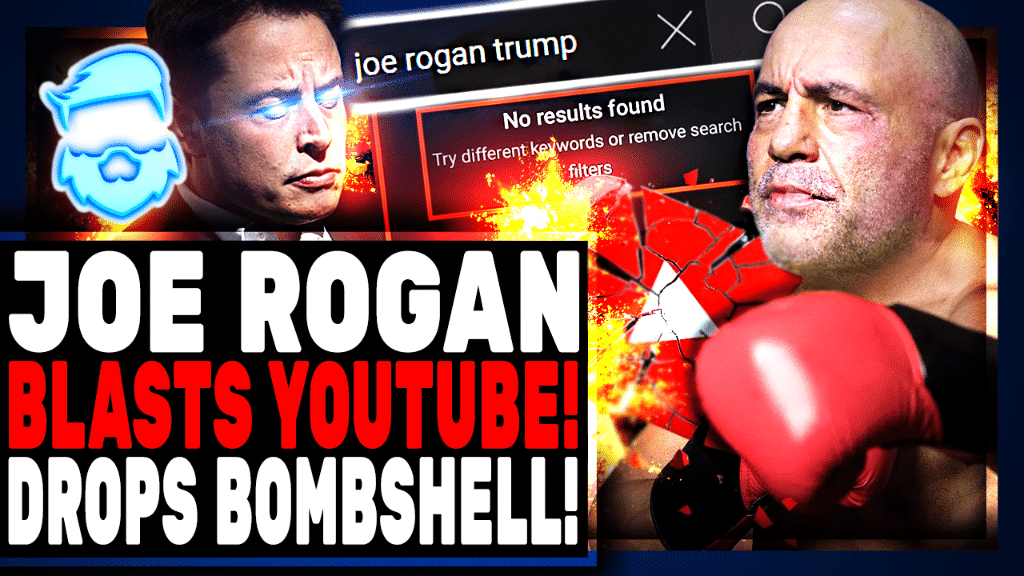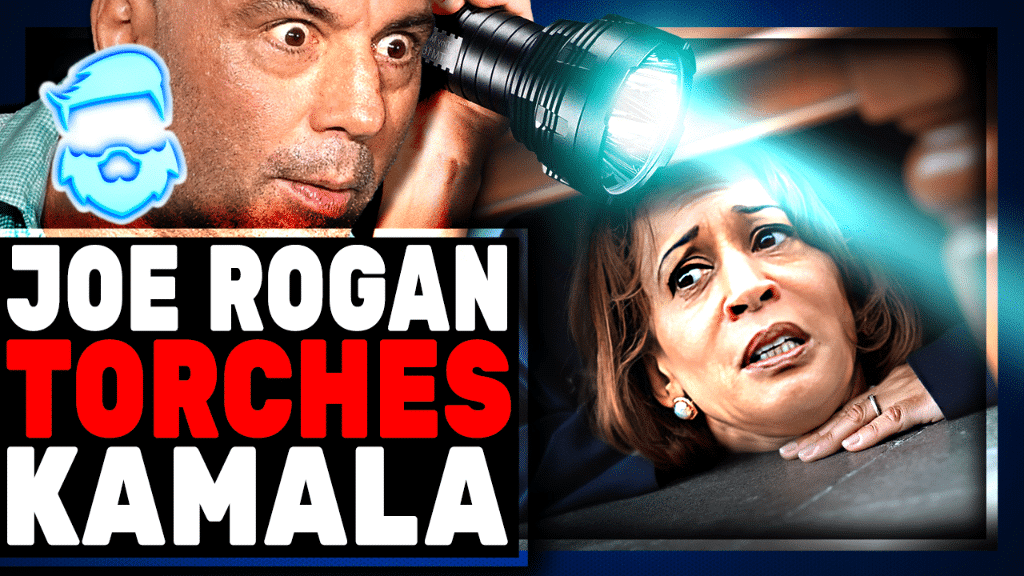A recent partnership between prominent transgender influencer Dylan Mulvaney and Bud Light prompted an anti-trans backlash from conservatives. As the LGBTQ+ community and allies have rallied to support Mulvaney, some have criticized Bud Light for not adequately defending her—and for not being more vocal in its support of the community.
Mulvaney partnered with Bud Light earlier this month and made a sponsored Instagram post for the beer that showed a custom can featuring an image of her face. The post was quickly bombarded with hateful comments and threats to boycott the company for featuring her.
Online, criticism has grown over Bud Light’s quiet retreat following the backlash. The incident has prompted further conversation about how companies treat queer representation in their marketing.
Queer—and particularly transgender—representation in advertising has become more common in commercials, billboards, and social media, and activists say the impact can be positive, but the queer community has long advised to be critical of superficial allyship, known as “pinkwashing.”

















